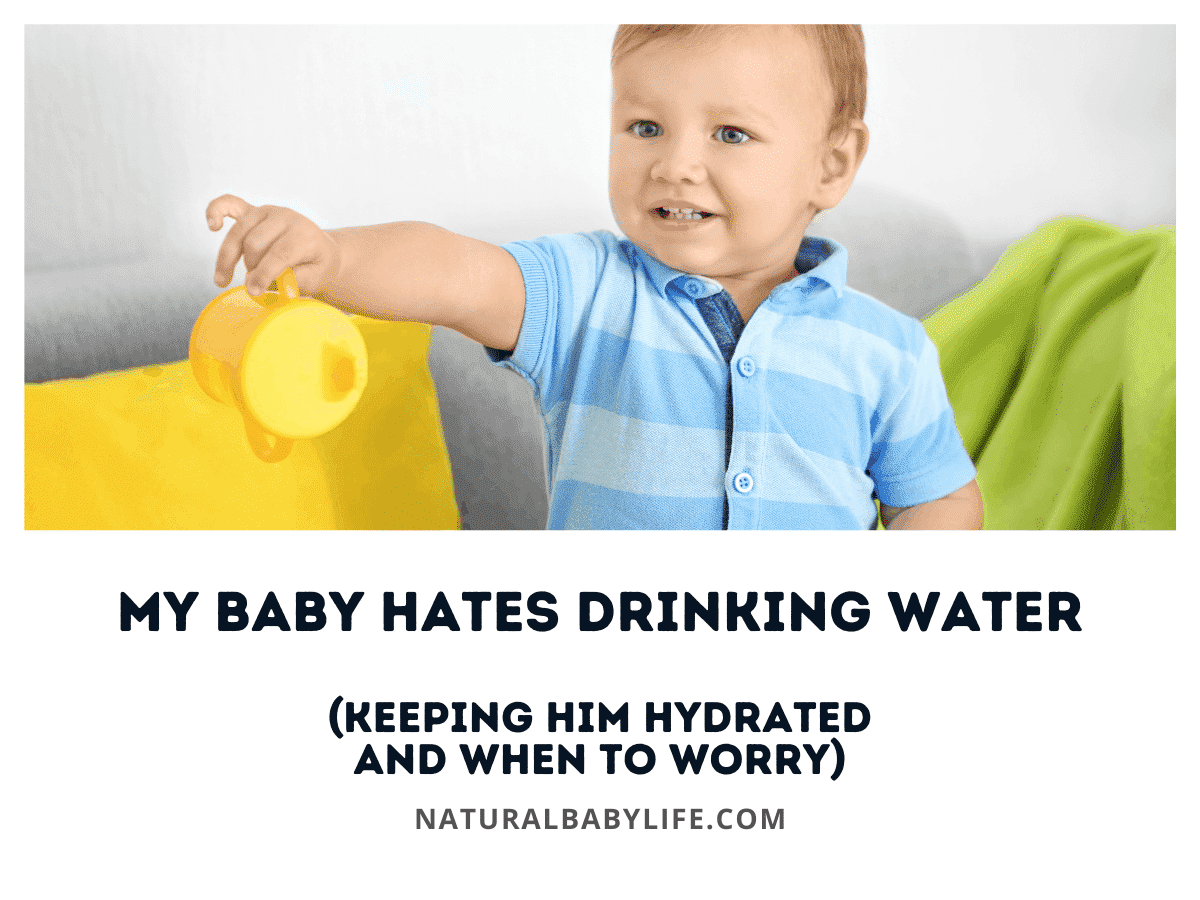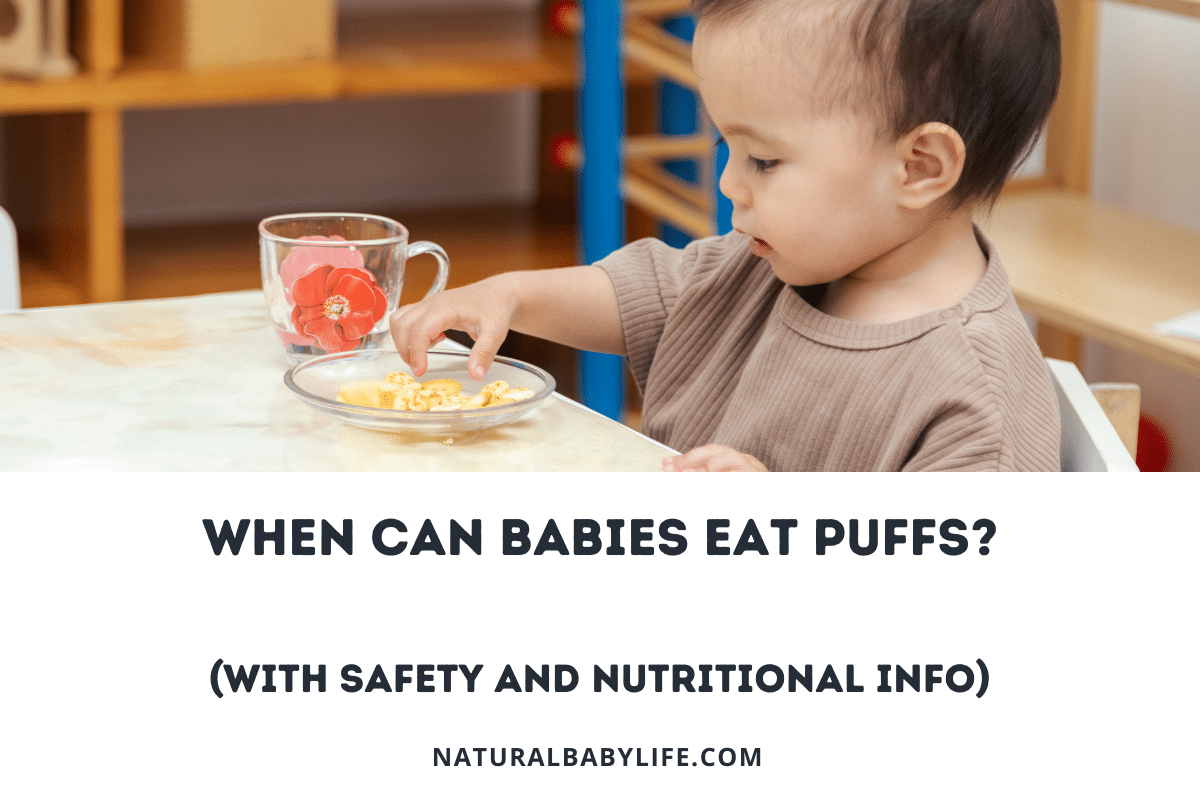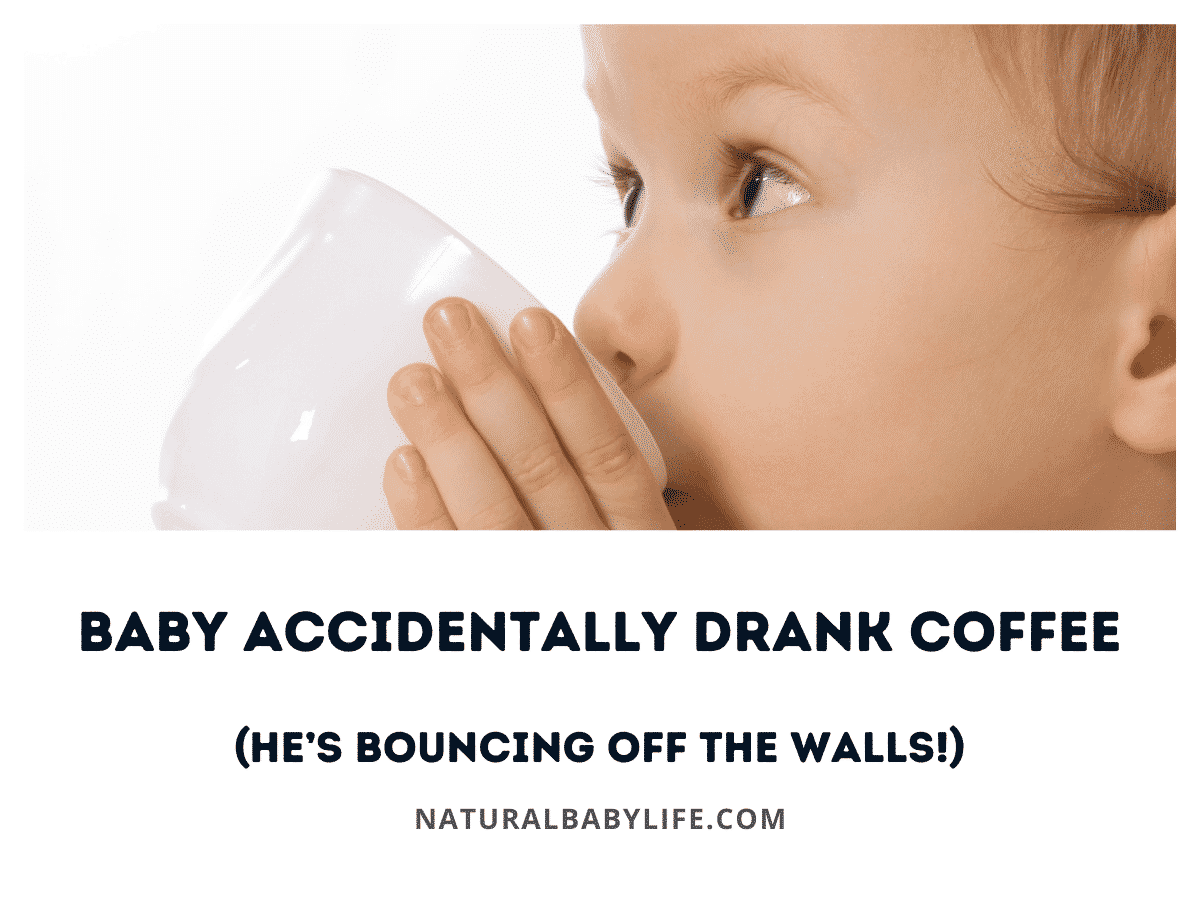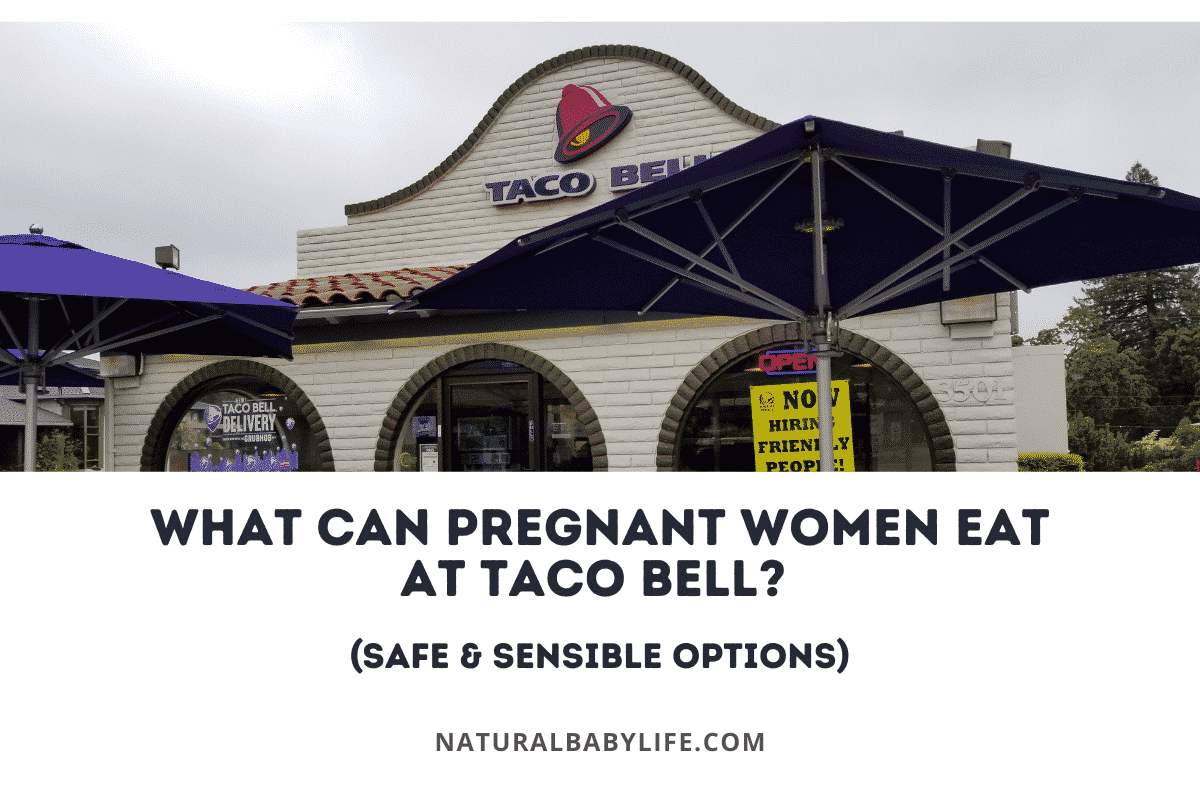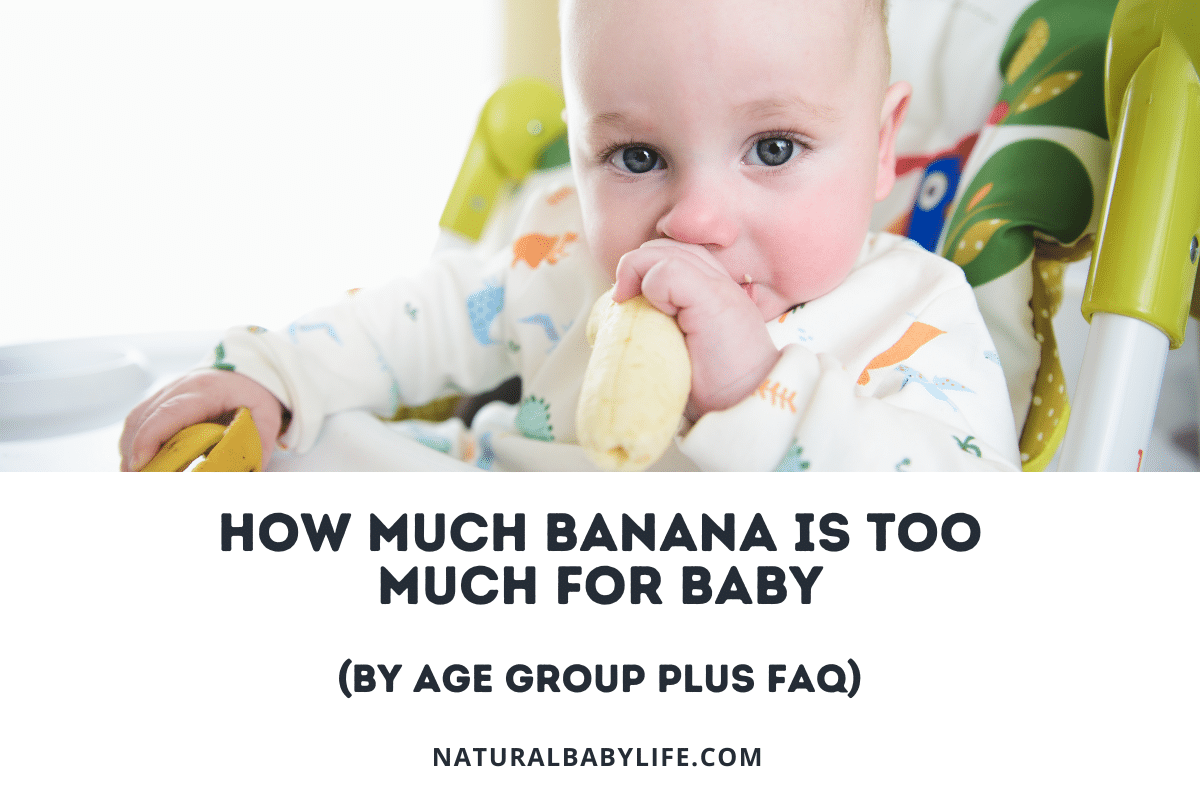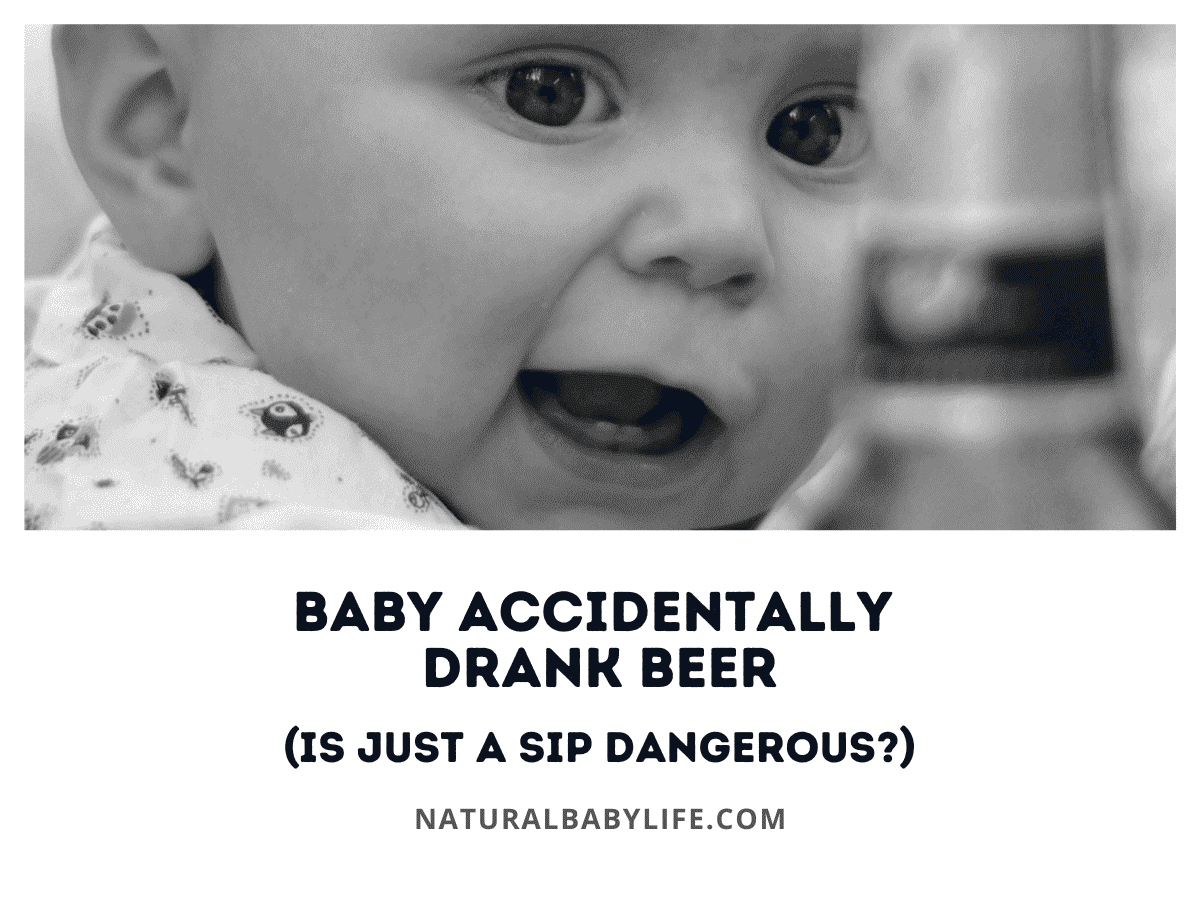Your baby has been given the green light to start drinking water. You’ve eagerly bought all the cute little sippy cups in preparation for this important milestone. The problem is your baby is flat out refusing to drink it. Now what?
Transitioning your baby to drinking water can be a big adjustment for such a little person, especially if they have become accustomed to an exclusive diet of naturally sweet breastmilk or formula. Most children will grow to appreciate water, especially if you go slowly and mix in sweeter, more flavorful drinks while they are learning to drink.
Read on to find out recommendations for what age to start your little one on water, the dangers of giving water too early or giving too much water, and tips to get your child to drink more of it.
Table of Contents
Why doesn’t my baby like drinking water
Chances are your baby first starts drinking water, they will take a sip, make a face, and throw the cup back at you. And that’s ok. What you are trying to accomplish here is to get her used to drinking out of something other than breast or bottle and to get familiar with the taste of water which can take time.
Babies receive most of the hydration they need from their milk or formula during the first year of life. They are accustomed to the taste of their milk and formula – after all, that’s all they’ve had to drink up until now. When water is first introduced at six months, this is a new taste that they may need time to acclimate to.
Sometimes toddler age kids may show resistance to drinking water as well. It may be that their taste buds have grown to favor the sweet flavor of fruit juices.
When should babies start drinking water?
Babies six months and younger should abstain from drinking water. Note that we are talking about giving babies straight water here, not when preparing formula in bottles. It is important to follow the directions on the formula container and adhere to the proper formula/ water ratio as instructed.
Babies ages 6-12 months can start being introduced to water but only in limited quantities. The American Academy of Pediatrics recommends for babies 6-12 months of age to only have 4-8 ounces of water a day. Toddlers ages 12-24 months are recommended to have 8-32 ounces of water per day.
These recommendations are for both formula-fed and breastfed babies.
Why is water not good for infants?
Breast milk and formula are designed to meet all your baby’s nutritional and hydration needs during the first year of life.
While we want to introduce our babies to water after six months old in small quantities, we want to refrain from giving too much water as this can be detrimental to your baby’s health. And also, you never, ever want to substitute water in the place of formula or breast milk which would deprive your baby of crucial nutrients and calories they need to grow and thrive.
Can drinking too much water be dangerous?
When too much water is given to an infant or if it is given too early for their kidneys to handle, it can dangerously alter the sodium levels in their blood.
This sodium imbalance can cause water intoxication issues such as seizures, coma, brain damage, and death.
In fact, it is advised to avoid swimming lessons for infants due to the increased risk of baby swallowing more water than is healthy for them.
How to tell if baby isn’t getting enough water
Most, if not all, of your baby’s hydration needs will come from breastmilk or formula if your baby is under 12 months of age so chances are you won’t have to worry about them not getting enough water.
Babies/toddlers 12 months of age and up can have up to 4 cups of water a day. However, it is important, especially during times of sickness, warmer weather, and high levels of exertion or physical activity to be on the lookout for any signs of dehydration and adjust the amount of water they consume.
Signs of dehydration in babies:
- Darker than normal urine
- Fewer wet diapers than normal (for infants, less than six wet diapers a day)
- Dry lips, tongue, and mouth
- Lethargy
- Sunken eyes and inability to produce tears
- Sunken soft spot
If you notice any of these symptoms listed above, contact your baby’s doctor for further instruction. They may recommend adding an electrolyte solution to your baby’s diet for a short time.
For breastfed babies, usually increasing the number of breastfeeding sessions your little one has will add all the extra hydration your baby needs. For formula-fed babies, your doctor may recommend giving more of the electrolyte solution and less formula until your baby is no longer showing symptoms of dehydration. But always check with your pediatrician first.
How much water should my baby drink?
There are different guidelines for how much water your baby needs to drink based on age.
Newborns should not be given water. When introduced to it at six months old, babies only need about 4-8 ounces per day. This will increase as the child grows, with one-year-olds needing 8-32 ounces daily, and toddlers needing as much as 40 ounces a day.
How much water should my three-month-old drink?
Three-month-olds should not be drinking any water.
At this age, their bodies are not equipped to handle the excess fluids and all of their hydration needs are met by breastmilk or formula. If you feel your baby is exhibiting any signs of dehydration contact your doctor to find the best course of action.
If your baby is breastfed, increasing the number of breastfeeding sessions can help remedy the problem.
How much water should my six-month-old drink?
Water can start being introduced to six-month-old babies in a sippy cup. The recommended amount is 4-8 ounces per day.
If your baby has been playing hard, sweating, or outdoors during hot months you may be tempted to increase the amount of water given, but it’s important to not exceed the recommended amount of water for your baby. Remember that, at this point, their hydration needs are still being met by breastmilk or formula.
If you are concerned about your baby becoming dehydrated, contact your pediatrician for further instruction.
How much water should my one-year-old drink?
There’s a good chance that your little one will be preferring the taste and comfort of milk over water, but it is still important to make sure they’re getting enough water.
It is recommended that one-year-olds receive 8-32 ounces of water per day. At this point in your child’s life, they are getting their nutrition from a well-balanced diet, whole milk, and water.
During hot summer months and periods of intense play, you may want to have some extra water handy to encourage your baby to drink more and help keep your baby hydrated.
How much water should my two-year-old drink?
It is especially important to ensure that your child is getting enough water once they have stopped getting hydration through breastmilk or formula feedings.
Two-year-olds can have 8-40 oz. of water a day. They probably are adapting to the taste of water and are more than likely able to tell you when they are thirsty.
Your toddler’s water needs may vary day by day and will usually need to drink more water with increased activity and exposure to warmer weather.
Signs of dehydration
As a parent of a little one, it is always important to be on the lookout for dehydration especially during the hot summer months when children spend more time outdoors sweating and playing.
Contact your doctor if you notice any of the following symptoms in your little one.
Signs of mild to moderate dehydration:
- Lethargy or not playing as usual
- Decreased wet diapers (For infants, fewer than 6 diapers per day.)
- Dry mouth
- Decreased tears
- Sunken soft spot
Signs of severe dehydration:
- Extremely fussy
- Excessive sleepiness
- Sunken eyes
- Cool, discolored hands and feet
- Wrinkled skin
- Only urinating 1-2 times per day
When to contact your doctor
If you notice any of the above symptoms in your little one, contact your doctor, especially if the symptoms are coupled with vomiting or diarrhea or you are unable to rouse her.
For some of the milder symptoms, your doctor may suggest introducing an electrolyte solution. Continue to breastfeed and breastfeed more frequently.
For babies older than one, you may want to have them drink some extra water if they have been playing hard or have been out in warm temperatures.
What should I do if my baby doesn’t drink water?
If your baby is under one and doesn’t seem to like water, don’t fret.
Keep introducing him/her to the sippy cup and water. It could be that your baby just isn’t crazy about the sippy cup. Maybe they aren’t used to the taste of water yet. Keep being consistent about just offering it to them and eventually your efforts will pay off.
For kids one and older who don’t want to drink water, it may be time to up your game. Here are some tips and tricks to get your little one to drink more water.
Offer water when they’re thirsty
It may seem obvious, but try offering your child water when she’s thirsty, such as after a big playtime.
This may seem simple but maybe your child is being offered water when they aren’t thirsty. Or maybe they are used to getting something different when they are thirsty such as juice.
Sugary juices can cause babies and kids to crave that sugary taste so make sure when they are thirsty that only water is given.
Try a fun, new cup
Find a colorful cup with your child’s favorite character on it or let them pick out their own cup. Tell them this is their special water cup and try to make them excited about using it.
Try fizzy water
Carbonated water may be a fun alternative if your child is refusing to drink plain water.
While plain water would be best, the fizzy water might be what it takes for your child to learn to enjoy the taste and the bubbles can make the taste more exciting, especially if you choose the kind without additional flavorings.
Mix it up
Try mixing water with some other drinks such as juice, cider, or milk.
The good thing about this method is you can control the ratios and over a period of time start to give less and less juice and more water. Eventually, you can cut out all juice and your baby won’t have the slightest clue.
Flavor it
Infused waters can give a burst of flavors to plain ol’ water plus it may even offer some extra antioxidants.
You can use any combination of fruits or vegetables your little one likes. Strawberry, cucumber, mint, lime, blueberry…. The combinations are endless. Just keep in mind that some of these added ingredients could be potential allergens for your child.

